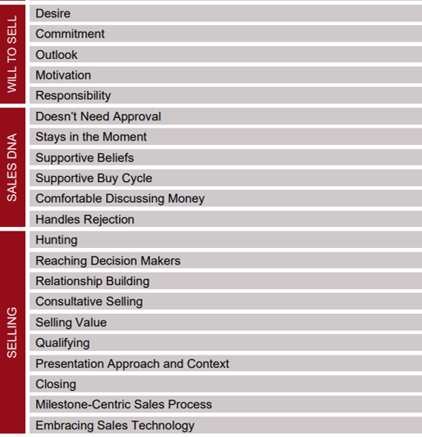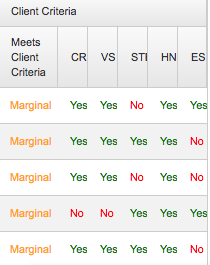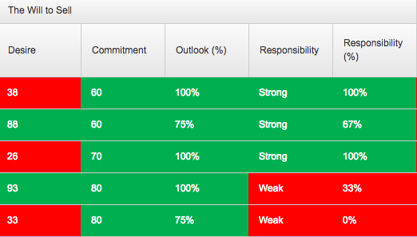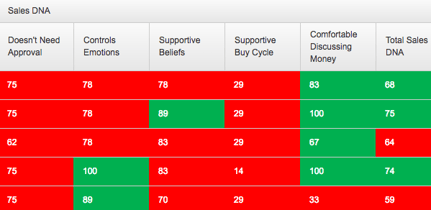Do you ever hear that your salespeople don't have enough time to prospect? Share this video with your people who might struggle with consistent prospecting. This video is a part of our new series with Mark Trinkle: The 10 Commandments of Sales Success. Today we dive into number two-Thou Shalt Always Be Prospecting.
Transcript:
Welcome to today's message, which is the second in a 10 part series on the 10 Commandments of Sales Success. Today we are looking at the second commandment, and as you can see from the screen, the second commandment is Thou Shalt Always Be Prospecting. Now, I know you probably don't land in the office in the morning, necessarily fired up to prospect, but it's kind of like being a kid and eating your vegetables. And I can remember when I told my mom and dad, "Mom, Dad, I don't like vegetables." And their answer was (and you probably know where I'm going), "You don't have to like it, you just have to do it. You have to eat 'em." I think that's the same with prospecting every day. And here's the real danger.
You don't have to prospect on any given day. You can take a day off. You can probably take a week off. Heck, you can probably take two weeks off and you won't notice any concern right away or any danger right away. But down the road, your pipeline is bound to take a hit. Great prospectors prospect just enough each day, each week, each month to continue to put flow into the top of that pipeline.
One more thing about prospecting before I let you go... don't tell me you don't have time. You can tell me a lot of things, but don't tell me you don't have time. That's a myth. Our good friend Bigfoot is on the screen here to remind us that is a myth and here's why. If I ask you to go call a hundred different people, to make a hundred dials, our math tells us you're probably gonna talk to 10 people.
Now, I'm gonna try to trick you. I'm gonna ask you, "How much time will it take you to not talk to 90 people?" One more time. "How much time will it take you to not talk to 90 people?" And of the 10 people that you will talk to, my guess is you'll probably have short conversations with some of them. You might even set a few appointments with some others, but it's just not going to take much time out of your day.
You can add up the time and then you have to decide for yourself. Do you not have the time or do you not have the drive and the ambition to get after it?
Have a great day and as always, thank you so much for listening!
Watch all of the Commandments Here










